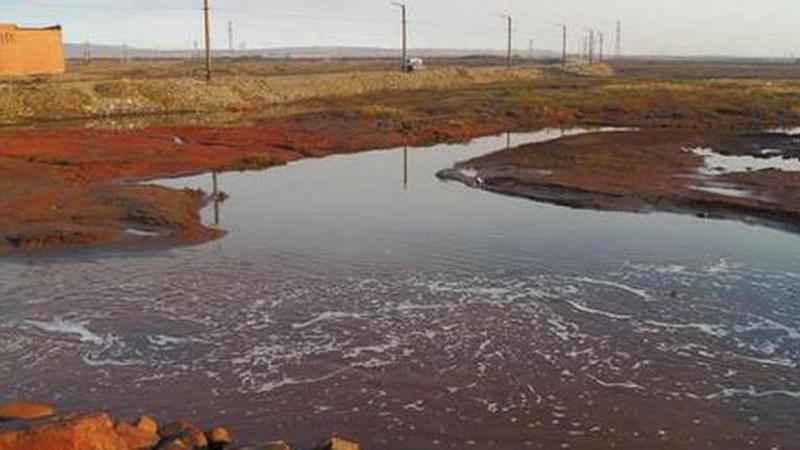Published 01:16 IST, July 13th 2020
Russian mining giant Norilsk Nickel reports another oil spill in Arctic
Nornickel has claimed leak in its pipeline occurred due to depressurisation and that it lasted for 15 minutes, spilling 44.5 tonnes of fuel into the Arctic.

In another devastating accident for the environment, Russian mining giant Norilsk Nickel has informed that they're experienced another oil leak in the Arctic. According to reports, it is believed that roughly 45 tons of aviation fuel leaked into it Arctic from the pipeline.
Oil spill caused by depressurisation
As per reports, this is not the first environmental disaster that Nornickel has been involved in. Earlier this year on May 29, about 21,000 tonnes of diesel had leaked from the company’s plant near the city of Norilsk. A statement released by Nornickel claims that the latest leak in its pipeline occurred due to depressurisation and that the leak lasted for 15 minutes, spilling 44.5 tonnes of fuel.
According to reports, Norlisk authorities have claimed to be conducting an internal investigation into the accident. The company, in its earlier statement, also added that it has suspended work in the region and that all possible measures were being taken to ensure that the spilled fuel is collected as soon as possible.
Putin chastises billionaire for oil spill
On June 5, Russian President Vladimir Putin criticised the owner of Norilsk Nickel for the oil spill. As per reports, the May 29 oil spill into the Ambarnaya River happened due to a broken tank at a power plant in Norilsk, 2,900 kilometres (1,800 miles) northeast of Moscow.
Precautions were immediately taken in order to prevent the oil from travelling downstream where the Ambarnaya River meets another river which then drains into the environmentally sensitive Arctic Ocean, international media reported.
According to reports, the Russian President had declared a state of emergency in the region after the oil spill. Vladimir Potanin, Norilsk Nickel chief, had told Putin that his company would pay for the cleanup which is estimated to cost $146 million.
(With agency inputs, Representational Image)
Updated 01:16 IST, July 13th 2020




